The powerful subconscious ways we keep girls small and why
Intentional parenting. Dang it’s hard.
If you’re raising a little girl, or have a little girl in your life, you’re probably consciously making an effort to empower her. You want to raise a strong woman who is capable, confident and caring.
But so many of the messages our girls are receiving are still embedded in the old approach to femininity and women’s roles in the world. Messages from books, movies, school, religion… even our own families.
Heck, perhaps we ourselves are presenting a victimized, weak, looks-obsessed, subservient model to our children.
The good news is we can become more aware of what we say to the little girls in our lives and the way we model our own femininity and womanhood. And, of course, all this applies to fathers – and many of it to boys – too.
Here are 10 things I’m working on becoming more conscious of within myself, I’d love to hear your additions and edits in the comments below.
- I love your dress! (/ hair/ nails/ eyes…)
Little girls are inundated with the message that their looks are important. They’re likely to get this message from every media outlet, toy companies, fairy tale and TV show out there. Which is why we don’t need to compound this particular fascination with external appearances. I’ve been guilty of this myself – when I meet a little girl, I’m often drawn to connect with her by complimenting her on her looks. It’s been hardwired into me that this is how to talk to little girls.But interestingly, I feel no such compulsion when I interact with little boys. Continuously greeting girls with comments about their looks sends the clear message: Your physical appearance is important. Very important. In fact, it might be the most important thing about you.
Instead: Try asking her: “What are you interested in these days?” “What are you reading?” “What do you love to play?” Focus on her curiosity, her energy, her strength or her intelligence… And make her clothes the least interesting thing about her.
- Be careful! Let me do that for you!
Little girls are far less encouraged to take risks and push their physical strengths than little boys are. We seem to coddle and protect little girls and view them as fragile. Seeing little girls as fragile may make them so.Taking risks is incredibly important part of childhood (and life!) – be those physical, emotional, social or educational… the idea of “putting ourselves out there” and trying something out of our comfort zone is a major way that we grow our resolve and our resiliency.Little girls need to climb trees, roll down hills, make new friends, speak up (LOUD) in front of others, address authority figures, hike, jump, learn to use fire and knives, go FAST and go FAR… at least as much as little boys do.
Instead: “Do you feel safe? I trust you. You can do it.” Transfer the locum of safety back to her own experience. What does she think she can do? Great! You’ll be there to support her.
- Be nice.
We have the cultural expectation that little girls should be nice (read: pushovers). Little girls should give up, give in and give over what they have an want so that they can be “good” little peacemakers. This is what leads many of us women to feel an almost inexplicable urge to “please” people. But becoming compulsive people pleasers isn’t inexplicable. It’s rooted in an upbringing that didn’t honor our “no”. That didn’t teach us to voice our upsets and discomfort or to stand our ground.In his book “The Opposite of Spoilt” Ron Liebler says that little boys are encouraged to save, spend and earn money – whilst girls are encouraged to give their money away.I think we all want our children (regardless of their sex/gender) to be givers. But true giving happens not as a trespassing on our own boundaries, but when we honor our own needs before others “wants”.
Instead: “Hmmm. Looks like you guys are having a problem, how shall we solve this?” Teach your little girl to first meet her own needs, and then to cater to others “wants”.
- Give me a kiss or… I’ll be sad.
Give me a kiss and I’ll buy you a present.Little girls are totally irresistible. But resist we must. Respecting body autonomy is a critical part of teaching little girls to respect their own bodies and hold firm limits when it comes to other’s trespassing on their boundaries – and it starts with us. We want to make sure that all physical affection is non-transactional in nature. That it comes purely from her heart and not because we (or anyone else) are bribing and manipulating or guilting her into it.
Instead: Can I have a kiss? Make sure that when you kiss/ hug/ stroke/ tickle/ rough house with her (or him!)… she knows she can say “STOP!” at any time, and she gets to decide if she wants to engage in the first place.
- You’ll get dirty!
It’s nice to have a well turned out little girl, isn’t it? The beautiful dresses, bows and Mary Janes are not lost on me. But we’d do well to be aware of the price we pay for pristine looks. Little girls are little children which means they have very real, critical, developmental work to do. They need to explore their surroundings sensorily – by touching, climbing, rolling, crawling, falling, jumping, splashing, wading… all of which means getting dirty.Let’s save those dresses for Sunday best and opt for practical, comfortable play clothes that are not precious.Instead: “Don’t worry about being messy! It all comes out in the wash.”
- You look sad! Want…food?
Making a connection between food and emotions isn’t healthy for anyone – but we know that girls are particularly susceptible to eating disorders and to emotional eating. If she’s sad – she needs to express it, she needs love and attention – not food.Instead: You’re sad, want to tell me about it?
- You make me sad when you do that…
I hear this one so often in passing – it’s almost as though we don’t notice we’re doing it (I know I’ve done it countless times!). But when we tell our children that their behavior makes us sad, and therefore they shouldn’t do it – we’re actually engaging in emotional manipulation and in a form of role reversal (expecting our children to parent us). We want our kids to know that we, the parents, are A-OK and we’ll take care of ourselves, emotionally and physically.Taking that burden off our children frees them to actually learn.We want our daughters (and sons) to know that we won’t allow them to do certain things because those things are destructive, unkind or unaligned with our family values – not because we can’t “handle” their behavior and it makes us sad.
Instead: I can’t let you do that. Setting limits with girls should be a non-emotional communication. Clear, straightforward and empathic – no guilting or shaming necessary.
- I’m so fat!…
I shouldn’t have eaten that. I hate my arms. I’m getting gray hairs! I hate my skin.If you’re not comfortable in your body, it’s time to make friends with it. Whether through therapy, the gym or just your own internal process – how you view your own body is going to strongly influence how your little girl sees her.
See this as my invitation to you to fall in love with your body – to view it through pure appreciation, with gratitude, and with reverence… just like I imagine you’d like for your girl to view hers.
If you want to lose weight, or build muscle or die your hair or undergo cosmetic procedures… go for it! But without a smidgen of self-depreciation. Only from a place of pure fun, joy, and self-love.
Instead: “I’m so blessed with a strong, healthy body.”
- Calm down!
…You’re being hysterical, you’re overreacting, stop whining.Little girls – and women – are often belittled when they have strong emotions. Historically labeled as hysterical, irrational, hormonal… It’s vital that begin to honor emotions, including those loud, big, intense ones, as an important and valid part of our human experience. In fact, as one of the key guidance systems, we have to live our best lives.If big feelings overwhelm us – it’s time to ask ourselves: why? Where did we learn that excitable, intense emotion was bad or dangerous? And what would it take for us to befriend it and even embrace it?
Instead: “I see you’re very upset!”. Acknowledge your daughter’s big feelings, sit with them and teach her to listen to them… they may turn out to be an invaluable compass for her life.
- You’re so bossy
When little girls take the helm and direct the show they’re often labeled as bossy boots. But when little boys do so they’re seen as strong leaders. Why? Are we still afraid of women in power? Of course, we want to encourage all our children to be listeners and collaborators, but leadership skills and a strong sense of self – are attributes to be celebrated.Instead: Enjoy her leadership skills.
I want my daughter to know that…
- She can express her feminine self in whatever way feels authentic to her.
- Her body is hers and that it’s perfect just the way it is.
- Her feelings aren’t to be oppressed or suppressed, but rather expressed.
- She is encouraged to take risks, be bold, brave and loud.
- I, her mother, am taking care of my own emotional needs – and she doesn’t need to make herself responsible for me.
- She is good, kind AND loving, even if she says NO.
- Her needs are important and she should meet them.
LEAVE A COMMENT
What is your favorite of these 10 things? I’d love to hear in the comments below.

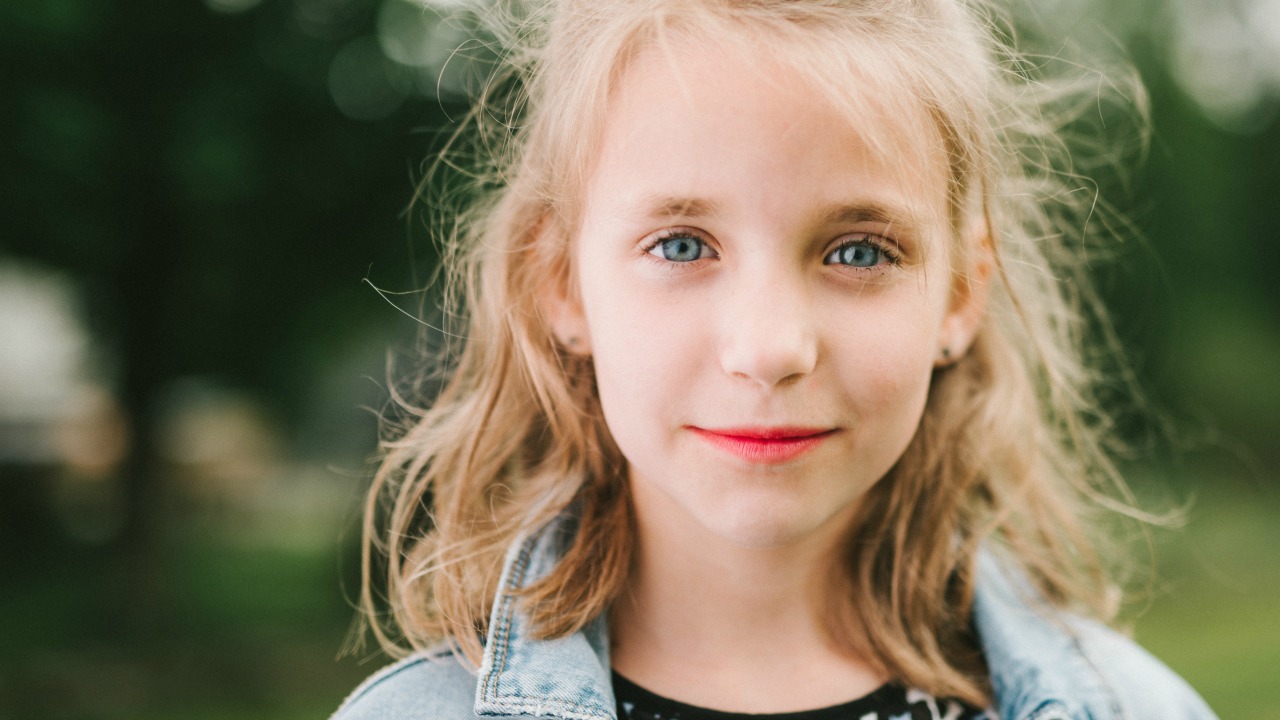


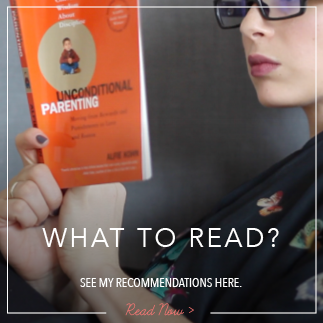
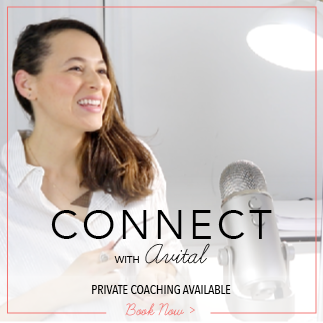

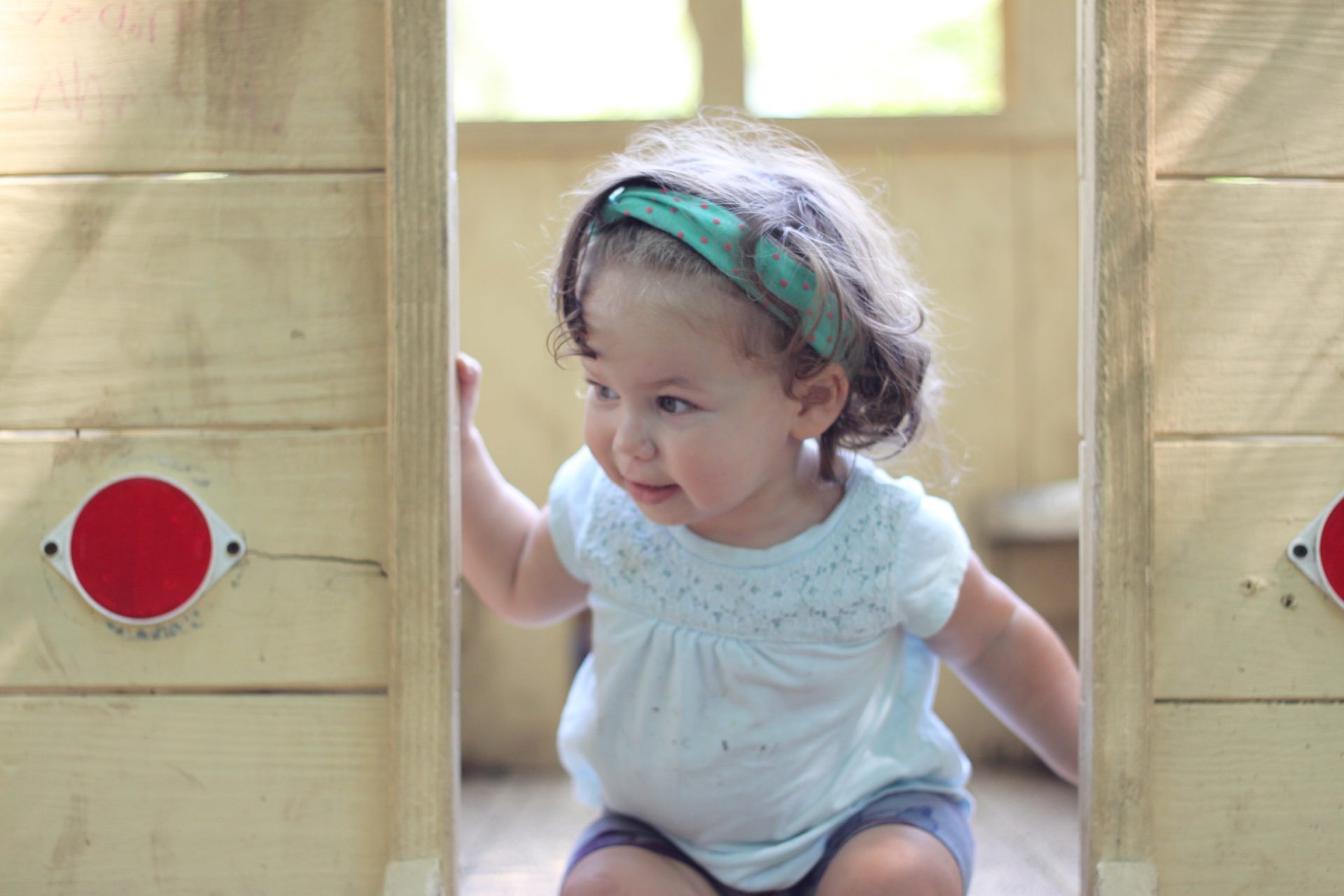

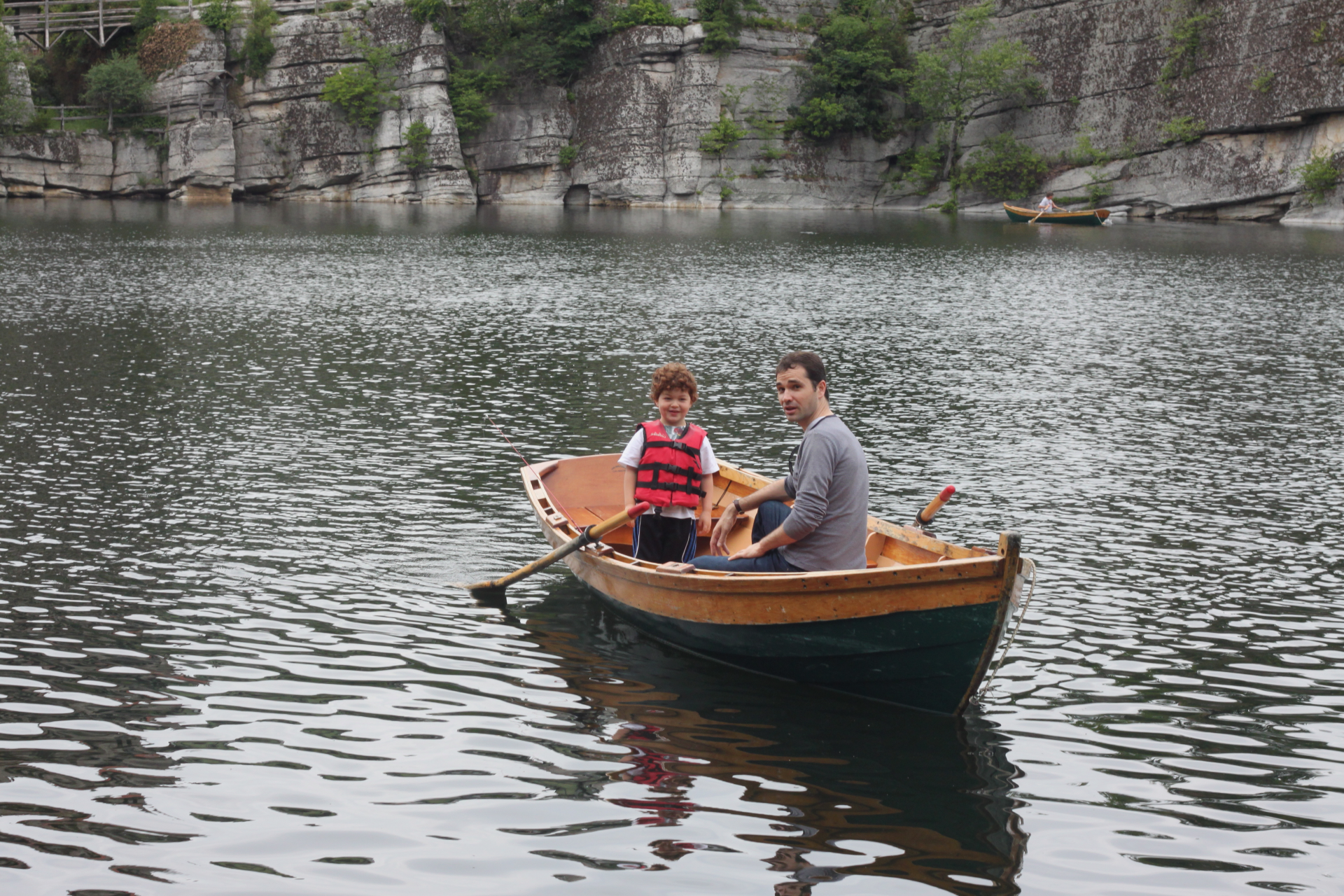

Love your suggestions! It’s amazing how much we teach by our example and when we think we say kind words we do so much damage, not consciously of course!
We all could use a dose or two of infusing our parenting methods with a bit or a lot of awareness!?
Love ❤️ your site!!!!
Goranka
O Avital I really became upset as many of them comes from my mouth… Anyways In Sha Allah will be careful hereafte… N I loved the 8th n 10th the most.. 👍